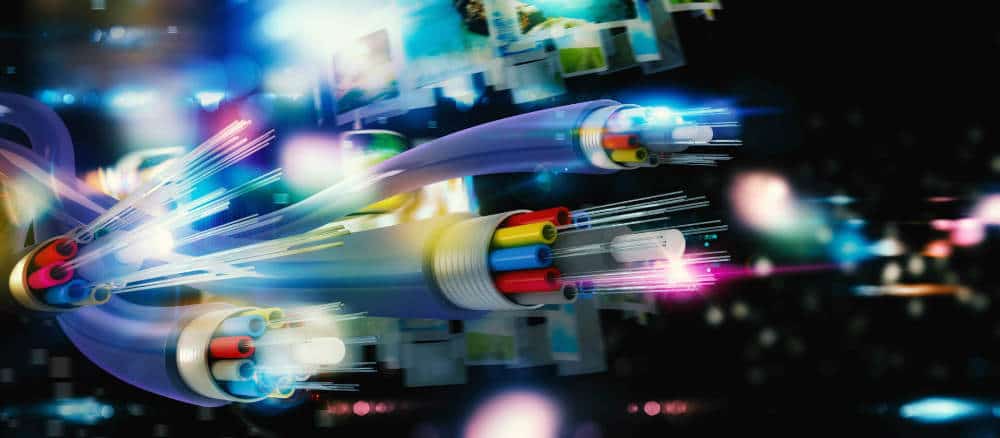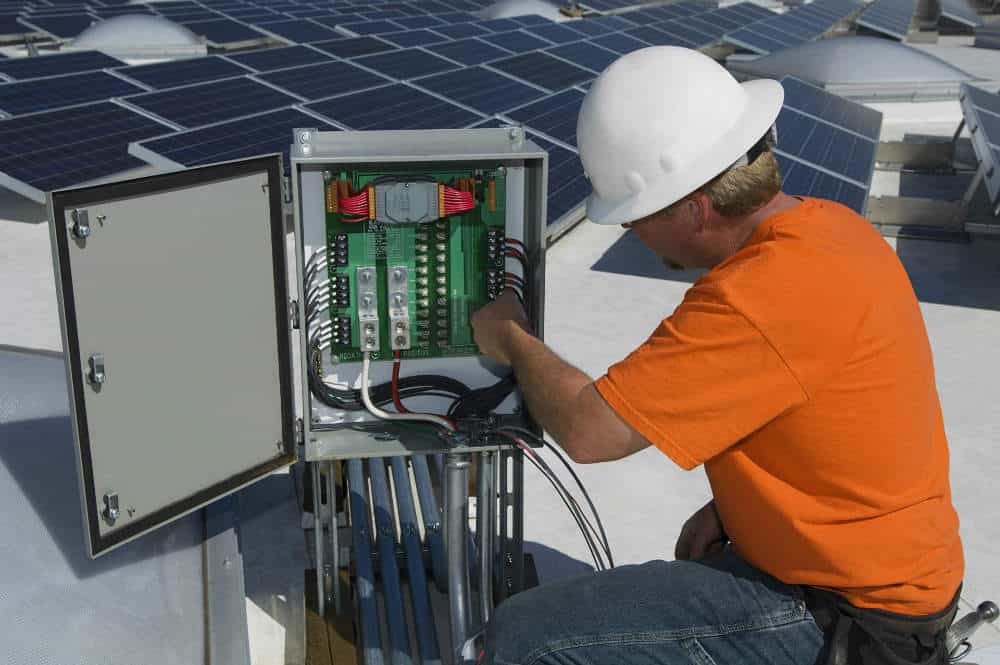Fiber optic cables are different from other data or communications cabling. These network cables are equipped with glass fibers encased in insulating material. They’re primarily used in telecommunications and network management. They differ from other wired cables in that they allow for higher bandwidth and can transmit data across longer distances, which is crucial in today’s data-driven world.
Fiber optic cables are the backbone of modern telecommunications and internet infrastructure. They are made of thin strands of glass or plastic that use light to transmit data at incredibly high speeds. Compared to traditional copper cables, fiber optic cables are able to transmit data over much greater distances and with much less signal loss. This makes them perfect for high-speed internet connections, as well as for transporting large amounts of data over long distances.
The glass contained in a fiber optic cable is not much thicker than a strand of hair. Light travels through the core of each thread of glass. Surrounding the core is another layer of glass that reflects the light and helps prevent the loss of a signal during transmission. Depending on your data requirements, you’ll need either single or multi-mode fiber optics.


